Core i7 13700K
Rated: 7/10
Core i7 12700K
Rated: 8/10
Pros And Cons
| CPU | Pros | Cons |
|---|---|---|
| Core i7 12700K | ✅ Lower price tag ✅ Better power efficiency | ❌Lower overall performance |
| Core i7 13700K | ✅ Better overall performance ✅ Higher thread count | ❌Worse value ❌Worse power efficiency |
- Our performance testing at 1080p showed the 13700K to be around 13% more performant than the 12700K, which is a noticeable difference.
- The power consumption of the 13700K was around 39% higher than that of the 12700K, meaning that the newer chip takes a lot more juice to give a better performance.
- The 12700K is around $75 cheaper than the 13700K as of early March 2024.
- If your target is to game at 1080p with a very powerful GPU, the 13700K is the way to go. For everyone else, the 12700K should suffice.
Comparison Table
| CPU Name | i7-12700K | i7-13700K |
|---|---|---|
| Motherboard Chipset Support | Z790, B760, Z690, B660, H610 | Z790, B760, Z690, B660, H610 |
| L3 Cache | 25 MB | 30 MB |
| Turbo Power Draw | 190W | 253W |
| Integrated Graphics | Intel UHD Graphics 770 | Intel UHD Graphics 770 |
| Memory Support | DDR4 up to 3200 MT/s and DDR5 up to 4800 MT/s | DDR4 up to 3200 MT/s and DDR5 up to 5600 MT/s |
| PCIe Support | PCIe 4.0 & 5.0 | PCIe 4.0 & 5.0 |
| Launch Price | $409 | $409 |
| Launch Date | November 4, 2021 | October 20, 2022 |
| Best Motherboard | Best Motherboards for i7-12700K | Best Motherboards For i7-13700K |
| Best RAM | Best RAM For i7-12700K | Best RAM For i7-13700K |
| Best CPU Cooler | Best CPU Coolers for i7-12700K | Best CPU Coolers For i7-13700k |
Architectural Differences
- Cores Clocks: Both the 13700K and 12700K have 8 performance cores, though they differ in the number of efficiency cores. The i7-13700K has 8, while the 12700K has 4.
- Clock Speeds: The 12700K has a higher base frequency of 3.6GHz against the 13700K’s 3.4GHz, while the 5.4GHz boost clock of the 13700K is higher than the 5GHz boost of the 12700K.
- L3 Cache: The 13700K also takes the win in terms of L3 cache, boasting 30MB instead of the 25MB of the 12700K.
- TDP: Both processors have the same TDP of 125 watts.
- Manufacturing Process: The 13700K does not improve on the 10nm process size from the 12700K.
Intel is being blamed for repackaging its old technologies in its new processors with the release of the 14th-gen processors, but does this hold if we go back a generation? Keep reading the Core i7 13700K vs Core i7 12700K comparison to find out!
If you want to know how one of these processors stands against the larger landscape of CPUs along with more in-depth testing, read our review of the Core i7 13700K.
– Abde Manaf
Gaming Benchmarks
We paired our contenders with the most powerful GPU we can get our hands on to test their limits in terms of gaming performance. The rest of the specs of our test bench were also no less impressive. Have a look below to see for yourself:
Test Rig
- Motherboard: GIGABYTE Z690 AERO G
- Graphics Card: GIGABYTE RTX 4090 Gaming OC 24G
- RAM: G.Skill Trident Z5 RGB 32GB DDR5-6600
- CPU Cooler: Enermax LiqMaxFlo 360mm
- SSD: CORSAIR MP700 PRO 2TB
- PSU: DeepCool PX1000G ATX3.0 PSU
Forza Horizon 5

- We saw an 8% rise in performance going from the 12700K to the 13700K in our test of Forza Horizon 5. The 12700K had an average of 230 FPS, while the 13700K hovered around 248 FPS.
- The 1% lows were nearly identical between the two. The 12700K had lows of 173 FPS, while the 13700K had lows of 176 FPS.
Mount & Blade II: Bannerlord

- There was a 16% advantage for the 13700K in this game, with an average framerate of 274 FPS instead of 236 FPS of its previous-gen counterpart.
- The minimum framerates also held a substantial difference, with the 12700K getting lows of 139 FPS while the 13700K was around 31% faster with lows of around 170 FPS.
Microsoft Flight Simulator

- We saw a massive 20% difference in performance in MS Flight Sim 2020, with the 12700K averaging 65 FPS, while the 13700K was running the game much smoother at around 78 FPS.
- The 1% lows also stood around 19% apart, with the 12700K getting minimums of 32 FPS, whereas the 13700K had minimum framerates of 38 FPS.
Far Cry 6

- The 13700K was around 12.5% faster in our test of Far Cry 6, getting an average framerate of 135 FPS, while the 12700K had n average of around 120 FPS.
- The 1% lows showed a much more drastic 23% difference between the two chips, with the 13700K dipping to 111 FPS, whereas the 12700K shot down to 90 FPS.
Marvel’s Spiderman Remastered

- The newer chip managed a framerate around 9% higher than the 12700K. It hovered around 114 FPS, whereas the 13700K had a framerate of around 124 FPS.
- The 1% lows were around 11% apart, with the 12700K getting a framerate of 92 FPS, while the 13700K had lows closer to 102 FPS.
Cyberpunk 2077

- Cyberpunk showed a small 5% difference between the performance of these two chips, with the 12700K averaging a framerate of 131 FPS, while the 13700K had an average of 137 FPS.
- The difference remained about the same in the 1% lows, with the 12700K hovering around 107 FPS, while the 13700K had lows of 112 FPS.
Call of Duty: Warzone

- In average framerates, the 13700K had an advantage of around 12.5%. It maintained a framerate of 216 FPS, whereas the 12700K stuck closer to an average of 192 FPS.
- The 1% lows had a massive 28% difference between them, with the 12700K going down to around 119 FPS, while the 13700K had lows of around 152 FPS.
F1 2022

- Moving on to a high-performance game, the 13700K ran F1 2022 around 19% better than the 12700K, with an average framerate of 363 FPS instead of the 306 FPS of the 12700K.
- The lows had a less drastic difference, with the 12700K hovering around 195 FPS, while the 13700K was around 8% faster with lows of 211 FPS.
Overall Gaming Performance
| Featured | Core i7 13700K | Core i7 12700K |
|---|---|---|
| Average FPS | 197 📈 | 174 📈 |
| %1 lows | 134 📉 | 118 📉 |
| Winner: Intel's Core i7 13700K | ||
The i7-13700K generally exhibits better performance across these games compared to the i7-12700K, with varying degrees of improvement in both average frame rates and 1% lows. We noticed an average increase in performance of around 13%.
Power Consumption
| Game | Core i7 12700K (W) | Core i7 13700K (W) |
|---|---|---|
| Forza Horizon 5 | 84 | 120 |
| Mount & Blade II: Bannerlord | 108 | 155 |
| MS Flight Sim 2020 | 66 | 84 |
| Far Cry 6 | 78 | 106 |
| Marvel's Spiderman Remastered | 103 | 144 |
| Cyberpunk 2077 | 101 | 141 |
| Call Of Duty: Warzone | 97 | 133 |
| F1 2022 | 79 | 110 |
| Average Power Consumption | 89.5 | 124 |
| Winner: Intel's Core i7 12700K | ||
With the extra cores and no changes to the lithography, the 13700K proved to be much more of a power hog than its older counterpart. We measured an average difference in power consumption of 39%, which can make a noticeable difference in your power bill.
Price And Value
| CPU | Launch MSRP | Current Price (Used) |
|---|---|---|
| Core i7 13700K | 💲419 | 💲339 |
| Core i7 12700K | 💲409 | 💲264 |
| Difference | 2% | 28% |
Despite starting their life out with around the same price, the age of the 12700K has allowed it to fall to a price 28% lower than that of the 13700K. The value proposition of the older chip significantly outweighs that of the newer one.
What We Recommend
Core i7 13700K: Despite the recent reputation of Intel, the 13700K has significantly better performance than the 12700K. It does come at the cost of a larger price tag and being much more power-hungry, but the tradeoff might be worth it for some people.
Core i7 12700K: The 12700K performed worse than the 13700K in our tests, but the results were meant to exaggerate the difference to the extreme. Using these chips at a higher resolution should bring the 12700K closer to the performance of the 13700K.
The decision to buy the Core i7 13700K vs i7 12700K might seem black and white, but it is important to consider your workload while making this decision. For most people, we would say that the 12700K is good enough for almost all realistic workloads.
FAQs
Yes, the 12700K supports DDR5 RAM up to 4800MHz, whereas the Ryzen 7 7700X goes a bit further with support for DDR5 6400MHz memory.
Yes, both the 12700K and 13700K have nearly identical UHD 770 integrated graphics.
Both the 12700K and 13700K have support for PCIe 5.0.
More From Core i7 12700K
More From Core i7 13700K
Thank you! Please share your positive feedback. 🔋
How could we improve this post? Please Help us. 😔
[Comparisons Expert]
Abdemanaf is a skilled creative writer who has been honing his craft since 2011. While initially working in different fields, he found a passion for technology and has been exploring the tech world since early 2015. Over the years, he has developed an in-depth knowledge of the latest tech trends and product offerings by various companies.
Abdemanaf’s writing reflects his analytical mindset and ability to think critically. He has a knack for breaking down complex technical information into easily digestible pieces, making his articles engaging and accessible to readers from all backgrounds. In February 2022, he joined Tech4Gamers as a blog and product comparison writer, where he has been able to hone his skills further.
As a writer, Abdemanaf is dedicated to staying up-to-date with the latest technological advancements and trends, enabling him to provide readers with the most relevant and accurate information. He is always eager to learn more and is constantly seeking new challenges to improve his skills.
Get In Touch: manaf@tech4gamers.com


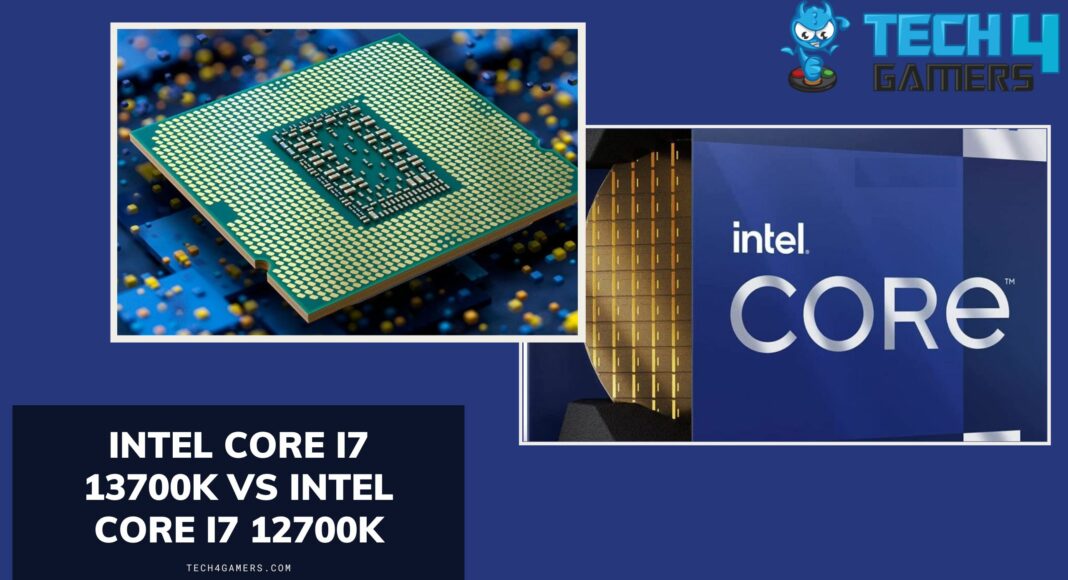
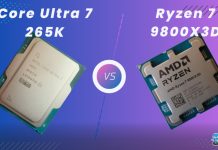
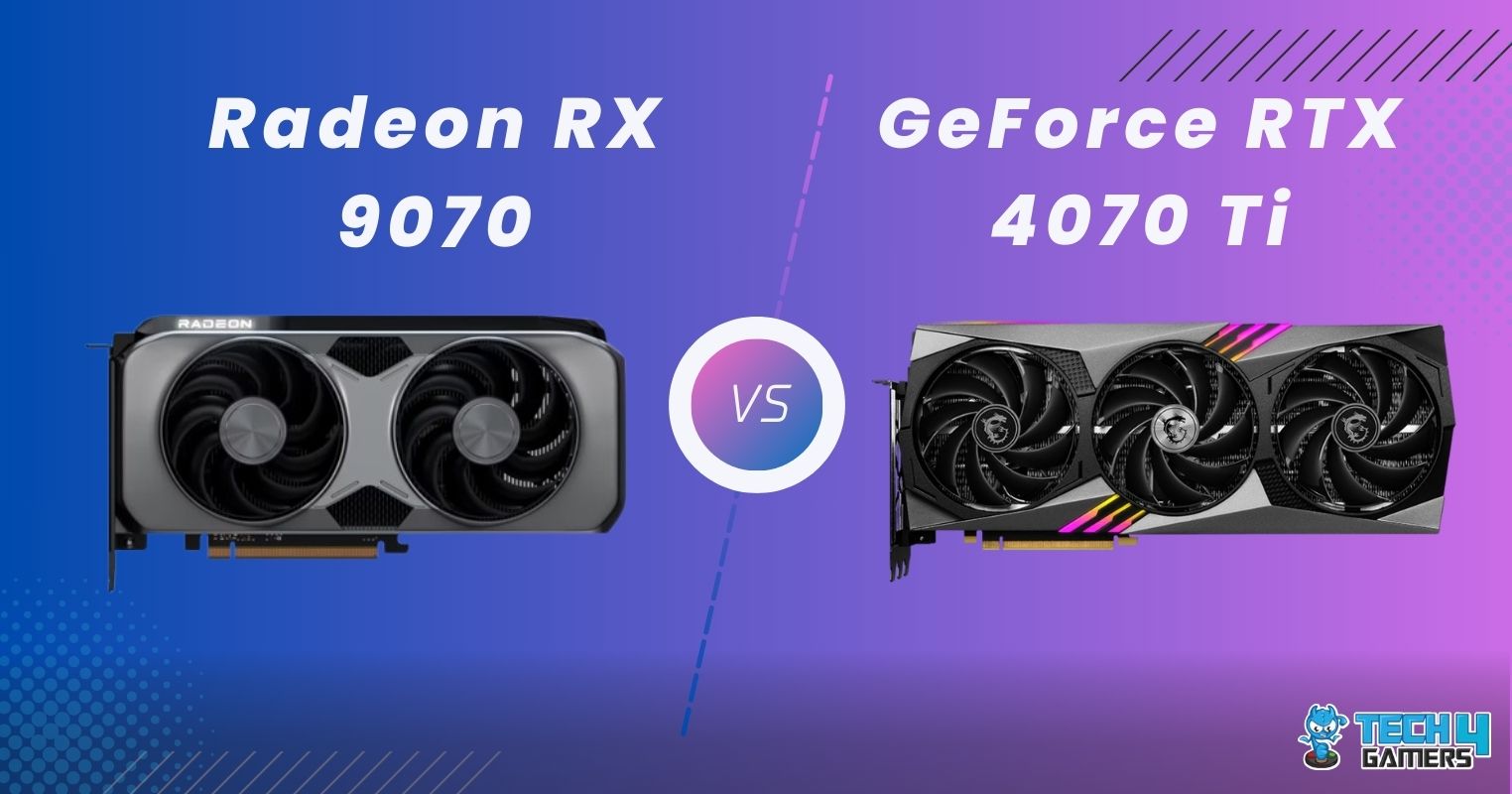
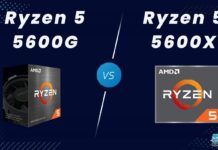
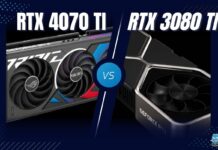

Feedback By: